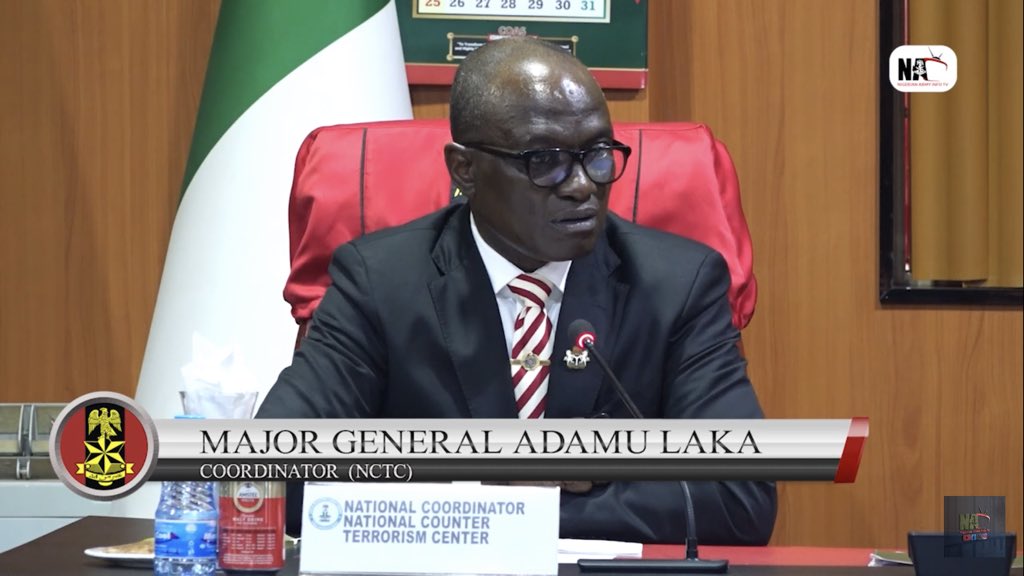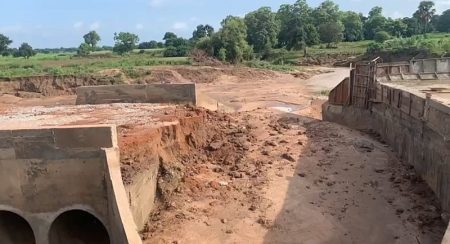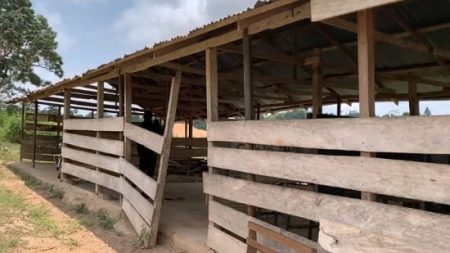Nigeria’s counter-terrorism strategy is incorporating a multifaceted approach that extends beyond kinetic operations to encompass rehabilitation and reintegration initiatives for repentant terrorists. The Nigerian government has unveiled a program under the umbrella of Operation Safe Corridor, aimed at deradicalizing and reintegrating former combatants into society. This initiative has already seen over 2,600 individuals successfully complete the rehabilitation process at the Mallam Sidi Camp located in Gombe State. Currently, over 300 individuals are enrolled in the program, reflecting a growing trend of voluntary surrenders, particularly in the North-West and North-Central regions of the country. This approach acknowledges the complexity of the terrorism challenge, recognizing that lasting peace requires addressing the root causes that drive individuals towards extremism.
The rehabilitation process within Operation Safe Corridor encompasses a range of interventions designed to address the ideological, psychological, and social dimensions of extremism. Participants receive psychosocial support to help them process their experiences and disengage from extremist ideologies. Vocational training equips them with marketable skills to facilitate their economic reintegration. Reintegration assistance provides practical support to help them navigate the challenges of returning to their communities. The program’s emphasis on a holistic approach underscores the understanding that successful reintegration requires more than simply disarming and releasing former fighters; it necessitates equipping them with the tools and resources to build new lives and contribute positively to society.
However, a significant challenge lies in ensuring the long-term success of these reintegration efforts. Past experiences have highlighted the difficulties faced by former combatants in securing sustainable livelihoods. The lack of economic opportunities can create a sense of disillusionment and vulnerability, potentially driving them back towards extremist groups. Therefore, a crucial element of the current program is the focus on providing sustainable reintegration pathways. Recognizing the importance of economic empowerment, the government is partnering with organizations like the International Institute of Tropical Agriculture (IITA) to launch agribusiness and livelihood initiatives.
The agribusiness initiative, dubbed “Seeds for Hope,” aims to empower former combatants, widows, and members of conflict-affected communities by providing access to land, agricultural inputs, training, mentorship, and market opportunities. This integrated approach recognizes that sustainable peace requires not only addressing the individual needs of former combatants but also supporting the recovery and resilience of the wider communities affected by conflict. By fostering economic opportunities, the program aims to create a sense of hope and purpose, reducing the risk of recidivism and promoting long-term stability. The program’s focus on agriculture also leverages the sector’s potential for job creation and economic growth, contributing to broader development goals.
The “Seeds for Hope” initiative represents a strategic collaboration between the government and IITA, bringing together expertise in security, development, and agricultural research. This partnership underscores the importance of a multi-sectoral approach to addressing the complex challenges of terrorism and its aftermath. IITA’s involvement brings valuable technical expertise in agricultural practices, market linkages, and sustainable development. The program’s focus on resilience also recognizes the importance of building capacity to withstand future shocks and stressors, including climate change and economic instability. Six states have already expressed interest in hosting the project, indicating widespread recognition of its potential benefits.
The combination of deradicalization efforts and livelihood support represents a comprehensive strategy for addressing the multifaceted nature of terrorism. By providing both the ideological and economic tools for successful reintegration, the program seeks to break the cycle of violence and create a path towards lasting peace. The project’s focus on agricultural development also aligns with broader national development goals, contributing to economic growth and food security. The success of this integrated approach will be critical not only for the individual lives of former combatants but also for the long-term stability and prosperity of conflict-affected communities. The program’s emphasis on community involvement and ownership further strengthens its potential for sustainable impact, fostering a sense of shared responsibility for building a peaceful future.














